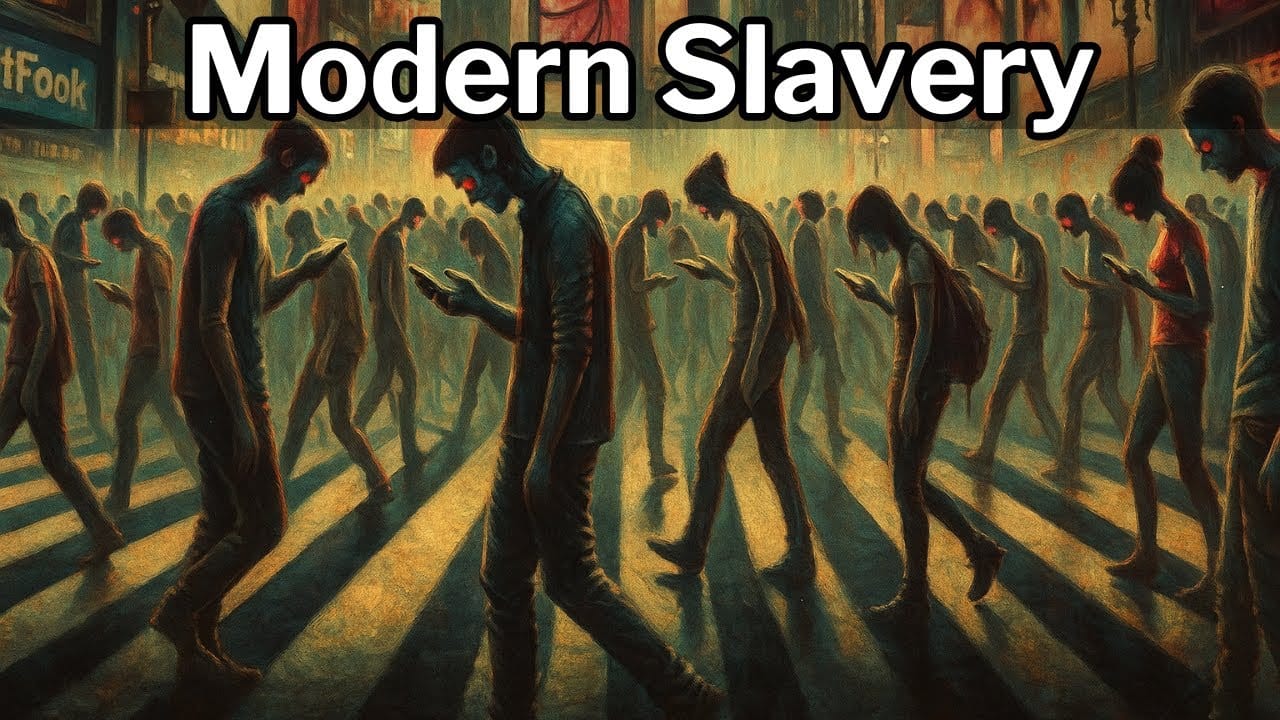More Stupid Every Day

Contemporary discourse is paradoxical: the volume of information accessible to individuals has never been greater, yet the capacity for sustained, critical thinking appears to be eroding. The material summarized here diagnoses this decline as not merely incidental but often engineered by technological and institutional incentives. It maps the social consequences of intellectual atrophy and—crucially—offers concrete, individual-level practices to begin reversing the trend.

Reclaiming Depth: Why Abundant Information Hasn’t Made Us Wiser — and What We Can Do About It
Key Findings
- The Information Paradox. Greater access to data has not translated into greater wisdom. The problem lies in consumption patterns: information is frequently skimmed and consumed for emotional impact rather than evaluated for truth or nuance, weakening the habits of deep inquiry and reflection.
- Technology and Attention Economies. Social platforms, memes, and bite-sized media prioritize shareability and emotion over complexity. These formats exploit cognitive biases—favoring brevity, immediacy, and outrage—so attention is captured but rarely cultivated toward thoughtful appraisal. The net effect is shrinking attention spans and an erosion of analytic capacity.
- Manufactured Stupidity. "Stupidity" is framed here not as an innate deficit but as an outcome actively produced by socio-technical systems. Content that simplifies, polarizes, or provokes spreads faster because it aligns with low-effort cognitive routines; educational models grounded in sustained dialectic and rigorous struggle (e.g., classical academies) are being displaced.
- Societal Consequences. Reduced critical thinking heightens susceptibility to misinformation, accelerates polarization, and shifts institutional incentives toward spectacle over substance. In politics and media, this produces a populace easier to manipulate—distracted, divided, and less likely to challenge power.
- Power and Control. The decline serves certain institutional interests: when large populations are oriented toward distraction and emotional reactivity, agendas that benefit from conformity and passivity face fewer obstacles. Historical analogies—such as "bread and circuses"—underscore how diversion can preserve unequal power arrangements.
- Internal Complicity. Individuals play a role by choosing convenience and certainty over complexity and doubt. The most dangerous acceptance is resignation: treating intellectual decline as inevitable rather than reversible.
Actions You Can Take Going Forward
There is an actionable framework for intellectual renewal centered on individual practices that scale socially when widely adopted. Below are discipline-oriented steps suitable for students, faculty, and informed citizens:
- Cultivate Awareness. Begin by auditing your attention. Ask: Who benefits when I click, share, or react? Does this content expand understanding or merely produce an emotional response? This reflexive habit interrupts automatic consumption and reorients you toward purpose-driven information use.
- Practice Discipline. Treat intellectual growth as a skill cultivated through routine:
- Schedule blocks of uninterrupted deep reading and study.
- Replace habitual social-feed checks with sustained engagement with demanding texts.
- Prioritize sources that require evaluation over those that reward reflexive reactions.
- Embrace Silence and Reflection. Make deliberate space for unstructured thinking. Quiet allows synthesis, the testing of assumptions, and the formation of original judgment—capacities starved by constant stimulus. Even modest daily practices of reflective journaling or silent reading can rebuild attentional stamina.
- Adopt a Socratic Habit. Relentless questioning is a practical technique:
- Ask why you believe what you believe.
- Demand evidence, consider counterevidence, and trace incentives behind claims.
- Habitual skepticism, paired with intellectual humility, reduces the spread and uptake of falsehoods.
- Prioritize Genuine Dialogue. Relearn modes of conversation that value listening over winning:
- Seek conversations that emphasize mutual understanding rather than performance.
- Foster environments—seminars, reading groups, cross-disciplinary forums—where wrestling with complexity is the norm.
- Exercise Courage and Agency. Intellectual renewal can be socially costly. It requires resisting peer pressure toward easy conformity and embracing discomfort associated with doubt and complexity. Courage, in this context, is the willingness to hold unpopular questions and to act on reason rather than viral consensus.
Conclusion
The diagnosis is stark but not fatalistic: intellectual decline is a social product and therefore amenable to social remedies. Reversing the trend depends less on technological fixes and more on cultivating habits—attention management, disciplined reading, reflective silence, Socratic questioning, and courageous dialogue—that rebuild intellectual muscle. Individually adopted and institutionally encouraged, these practices can shift incentives away from the spectacle of distraction back toward the harder, slower work of understanding. The challenge is both personal and collective: to refuse resignation and to choose, deliberately and repeatedly, depth over distraction.